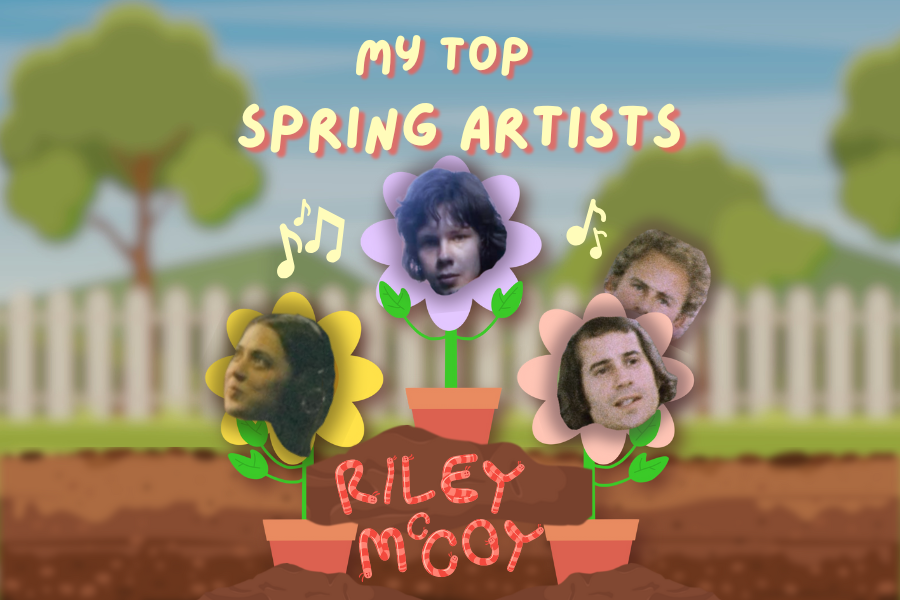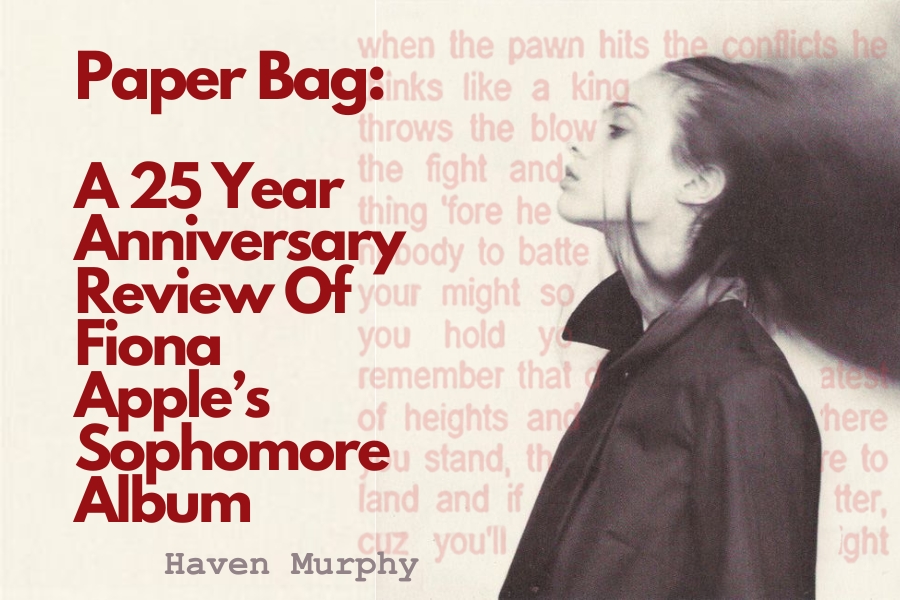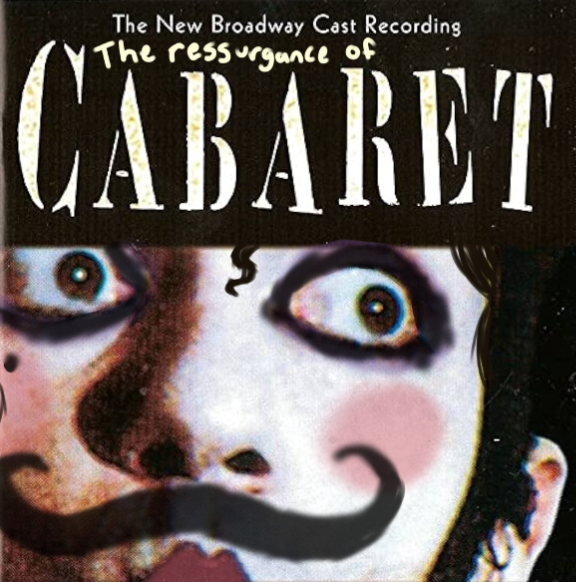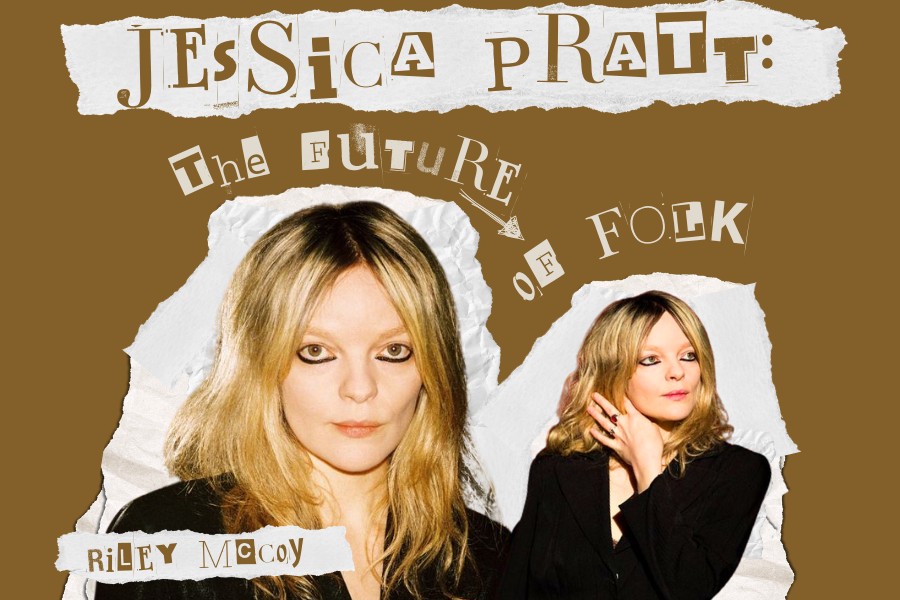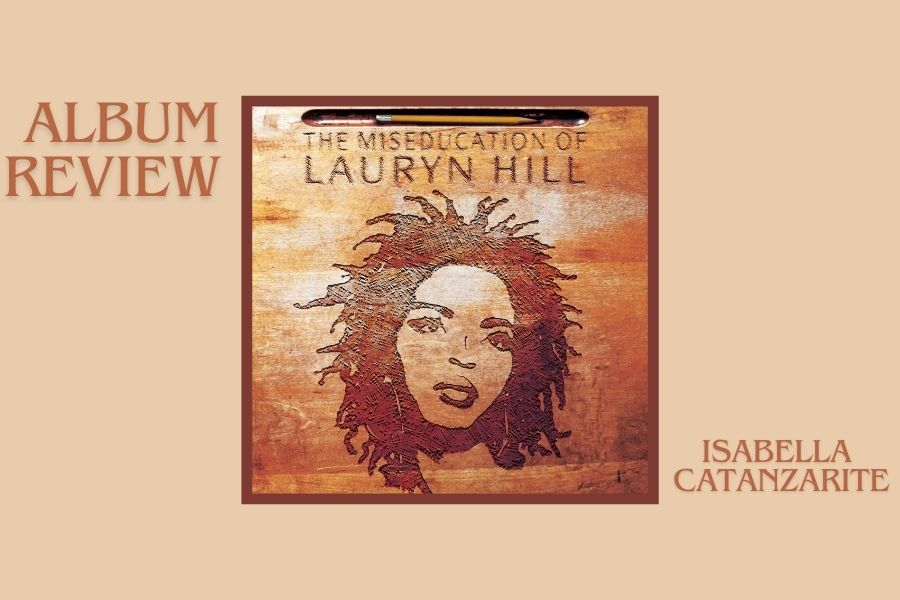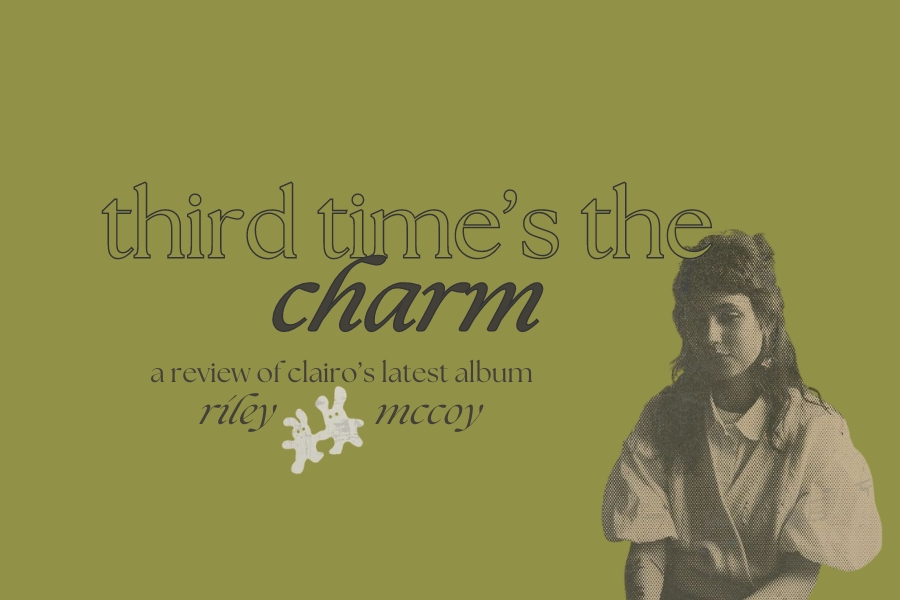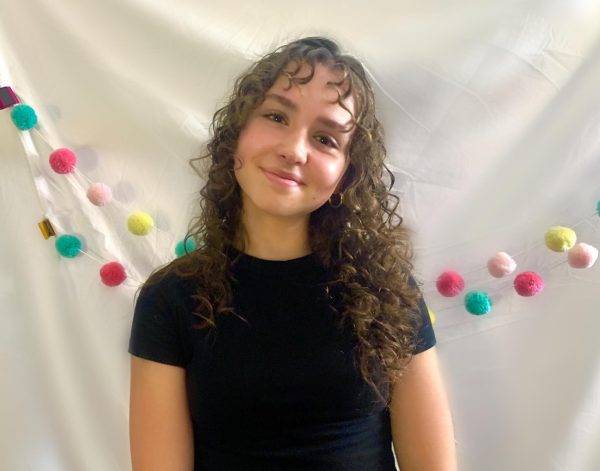Noah Kahan is an up-and-coming Vermont native folk-pop singer-songwriter. Kahan’s work came to my attention with the release of his latest album, Stick Season (We’ll All Be Here Forever). He quickly became my fifth top artist on my 2023 Spotify Wrapped thanks to my incessant tuning in to each of the album’s emotionally-loaded tracks, as well as some of his previous work. The following are my reviews of each song on the album.
- “Northern Attitude”: As in many of his songs, Kahan presents his upbringing in the cold state of Vermont as a background for his storytelling, singing, “Forgive my northern attitude/ Oh, I was raised out in the cold.” The song highlights the loneliness brought upon oneself when you focus on monotonous routines rather than allowing times of spontaneity into your life. Kahan collaborated with Hozier, an Irish solo artist, to rerelease “Northern Attitude” with the addition of a different voice. The re-recording was released on November 10, 2024, becoming the fourth re-release with an added feature artist on the album.
- “Stick Season”: As the most viral song from the album and my number one most listened to song on 2023 Spotify Wrapped, “Stick Season” is well-known and well-loved. In an interview with Genius, Kahan described the term ‘stick season’ as “the time in Vermont when all the leaves are off the trees. It’s a term that was used by some of the older folks in the town I grew up in to describe this really miserable time of year when it’s just kind of gray and cold, and there’s no snow yet and the kind of beauty of the foliage is done.” The mood of the song is increased with the lyrical themes of feeling trapped and left behind in a dreary and depressing environment.
- “All My Love”: The third track on the album is one of my favorites, with its happy tune balancing out the heartbreaking lyrics. Kahan sings to an ex-lover who has moved on from both him and their small hometown, while he continues to love them. He sings, “Now I know your name, but not who you are/It’s all okay/There ain’t a drop of bad blood, it’s all my love/You got all my love,” emphasizing his lack of bitterness towards his ex-lover. The lyrics reminisce on the good times of mutual love while accepting the reality.
- “She Calls Me Back”: Kahan follows the reminiscent third track with the similarly themed fourth track. Kahan sings, “Why am I so obsessive?/Hangin’ onto every sentence/This town’s the same as you left it,” reflecting on a past relationship. “Everything’s alright when/She calls me back, she calls me back,” separates the fourth track from the third track as Kahan seems to have a dependence on his ex-love. Receiving a call back is all he needs to be alright. Khan released a re-recorded version of “She Calls Me Back”, featuring Kacey Musgraves, becoming the third re-released song from the album.
- “Come Over”: In this track, Kahan comments on his poverty-stricken home life and how his family’s lack of money made him feel lonely and unwanted as a child. Singing, “I know that it ain’t much, I know that it ain’t cool/ Oh, you don’t have to tell the other kids at school/ My dad will strike it rich, we’ll be the big house on the block/ Someday I’m gonna be somebody people want,” Kahan details his worries about how his peers will view him based on his house and materialistic property. He is scared of his status changing when his peers discover that his house is not as big as many of their houses, and he has a fantasy of his family stepping out of poverty and into riches.
- “New Perspective”: Lamenting the changing of others, Kahan expresses his stagnant nature and his wishes to drag everyone down with him, preventing them from gaining any “new perspective.” The expansion of his hometown, including a new Target and a “downtown” area scares Kahan, as he is afraid that these changes will make the people whom he loves expand their minds and grow beyond him and their small town.
- “Everywhere, Everything”: Re-released in December with Gracie Abrams featured, this song is one of the more potent love songs in the album. Kahan details his (literally) undying love for the subject of his song by singing, “Everywhere, everything, I wanna love you/’Til we’re food for the worms to eat/‘Til our fingers decompose, keep my hands in yours.”
- “Orange Juice”: This track deals with the touchy subject of getting sober, which is approached by Kahan gently and tenderly. He sings, “Honey, come over, the party’s gone slower/And no one will tempt you, we know you got sober/There’s orange juice in the kitchen, bought for the children/It’s yours if you want it, we’re just glad you could visit.” The concept of orange juice in the song stands for a substitute for alcohol that will hopefully prevent the temptation of drinking and relapsing.
- “Strawberry Wine”: Discussing the topic of losing a loved one, I see this song as the most heartbreaking track on the album. Kahan sings about wishing to be able to let go but being incapable of combatting his grief. The final 2 minutes and 11 seconds of the 4-minute and 5-second song are only sorrowful instrumentals, including no lyrics other than mournful “Oohs” from Kahan.
- “Growing Sideways”: Kahan sings about his unhealthy coping mechanisms and his inability to feel better no matter what he does. Lines like “But I ignore things and I move sideways/ ‘Til I forget what I felt in the first place/ At the end of the day, I know there are worse ways to stay alive” and “Oh, if my engine works perfect on empty/ I guess I’ll drive” highlight Kahan’s habit of ignoring problems and continuing to live despite his unaddressed mental health challenges.
- “Halloween”: Another song about losing a loving connection with someone, “Halloween” focuses on Kahan’s attempts to move on but the inescapable nostalgia of his past relationship. He sings “But the wreckage of you, I no longer reside in/ And the bridges have long since been burnt” followed by the contrasting “It’s not Halloween, but the ghost you dressed up as/ Sure knows how to haunt.” This song gives an air of desperation and exhaustion, setting the tone for the next track.
- “Homesick”: In the twelfth track, Kahan sings about his exasperation with the lack of change in his hometown and his inability to escape. He sings, “I would leave if only I could find a reason” and “I will die in the house that I grew up in,” highlighting his feeling of being stuck in the monotonous day-to-day life in his hometown. Whereas “homesick” would normally mean yearning for your home after being away for some time, Kahan uses a play on words to mean that he is sick of living in his hometown. He highlights this idea by singing, “Time moves so damn slow/ I swear I feel my organs failing.”
- “Still”: Delving into life’s lack of permanence, Kahan reflects on losing a loved one, whether it be through death or a breakup. “Grab a past box of photos, I rip myself open,” is a line that emphasizes the emotional turmoil that can result from revisiting memories. In addition, “And I used to watch my mother move like God was in the room,” provides commentary on the act of children idolizing their parents and the impact that parents’ behavior has on children’s behavior. This contributes to the theme of impermanence as when one grows, one begins to realize their parent’s faults and their parent’s lack of perfection.
- “The View Between Villages”: The fourteenth track serves as a nostalgic song about yearning to be back in one’s childhood. In the first two verses, Kahan reflects on his childhood innocence singing, “Feel the rush of my blood/ I’m seventeen again/ I am not scared of death/ I’ve got dreams again.” In the ensuing chorus, Kahan’s voice becomes angrier, taking a more negative tone to the idea of being grown up. “The death of my dog, the stretch of my skin/ It’s all washin’ over me, I’m angry again,” highlights Kahan’s anger about being beyond his childhood and having lost what he sees as his best years.
- “Your Needs, My Needs”: Yet another song discussing different perspectives of a breakup, the fifteenth track consists of Kahan lamenting the love that the pair once had. He sings, “You asked me why I wasn’t sayin’ a word/ I’m naming the stars in the sky after you/ It was a work of art/ That’s the hardest part,” to bring attention to how much he had loved his ex-lover and how much they meant to him. Then, in the bridge, Kahan sings, “Bitter-brained, always drunk” and “Your needs, my needs,” to highlight the undeniable fact that the relationship would never have lasted.
- “Dial Drunk”: Another viral song from the album, “Dial Drunk” is written from the perspective of a drunk who has just been arrested. Their emergency contact is someone whom they had previously claimed that they would never contact again, likely an ex-lover. In this scenario, the emergency contact does not pick up and Kahan sings, “Honey, it rang and rang/ Even the cops thought you were wrong for hangin’ up.” The cop even questions the drunk as he continues to call: “Let’s wait I swear she’ll call me back/ “Son, why do you do this to yourself?”.” This track was the first from the album to be re-released with a featured artist, namely Post Malone, and the re-release quickly became more popular than the original release.
- “Paul Revere”: The seventeenth track is an allusion to midnight rider Paul Revere, who rode from Boston to Lexington to warn John Hancock and Samuel Adams about the approaching redcoats. Kahan uses this reference to say, “One day, I’m gonna cut it clear/ Ride like Paul Revere/ And, when they ask me who I am/ I’ll say, “I’m not from around here”.” As in “Homesick,” Kahan is desperate to escape his hometown and leave his traumatic past behind him, but he is incapable of leaving. His dream is to “ride like Paul Revere” and skip town, but his reality is “If I could leave, I would’ve already left.”
- “No Complaints”: Like in “Growing Sideways,” Kahan sings about his unhealthy view on coping with his mental health in “No Complaints.” He writes, “I saw the end, it looks just like the middle,” implying that he sees no reason to attempt healing, as he will never change. In addition, his medications make him numb which he knows is not healthy but he sees it as a positive, singing, “I filled the hole in my head with prescription medication/ And forgot how to cry/ Whole am I to complain?.” He would rather feel nothing than feel as horrible as he has felt in the past.
- “Call Your Mom”: (*TRIGGER WARNING: SUICIDE*) Kahan wrote this song from the perspective of someone when a loved one is close to wanting to end their life. “Stayed on the line with you the entire night” and “I’ll drive, I’ll drive all night/ I’ll call your mom” emphasize how much one will do to keep their loved ones from ending their lives or harming themselves. This song is both heartbreaking as well as comforting, emphasizing the unforeseeable and delicate nature of life as well as how loved everybody is, even if some people don’t realize it. This soul-touching song was the second rerelease of the album, rerecorded with Lizzy McAlpine.
- “You’re Gonna Go Far”: The bittersweet twentieth track of the album differs from any other, as it highlights the feelings that come with a loved one leaving town to move on to bigger and better things. Kahan assures the subject of the song, “We ain’t angry at you, love/ We’ll be waiting for you, love/ And we’ll all be here forever.” A very common theme in this album is Kahan’s criticism of his hometown and how he feels that it holds people back. While the singer is sorrowful about the departure of his loved one, he is excited about what they will achieve by leaving town, singing, “It makes me smile to know when things get hard/ You’ll be far/ You’ll be far from here” and “You’re gonna go far/ Yes, you are/ If you wanna go far/ Then you gotta go far.”
- “The View Between Villages- Extended”: With the same lyrics as track fourteen, “The View Between Villages,” the extended version includes a spoken-word bridge that includes the voices of two residents of Strafford, Vermont, Kahan’s hometown around which the album is mostly based. This is a perfect way to end off the album, with sweet comments from two locals reflecting on how much Strafford means to them and everything that it has done for them. Following this bridge, Kahan sings an outro ending in the final line, “I’m back between villages, and everything’s still.” This final line brings finality to the album’s overall theme of being stuck between loving one’s hometown and dreading one’s hometown, having guilt about leaving while struggling to stay put.
As Kahan’s third studio album, this album stands out to me as a conglomeration of insightful songwriting and beautiful instrumentals. It is a pleasure to listen to and I highly recommend the entire album to everyone, as it includes no skippable songs in my personal opinion.



